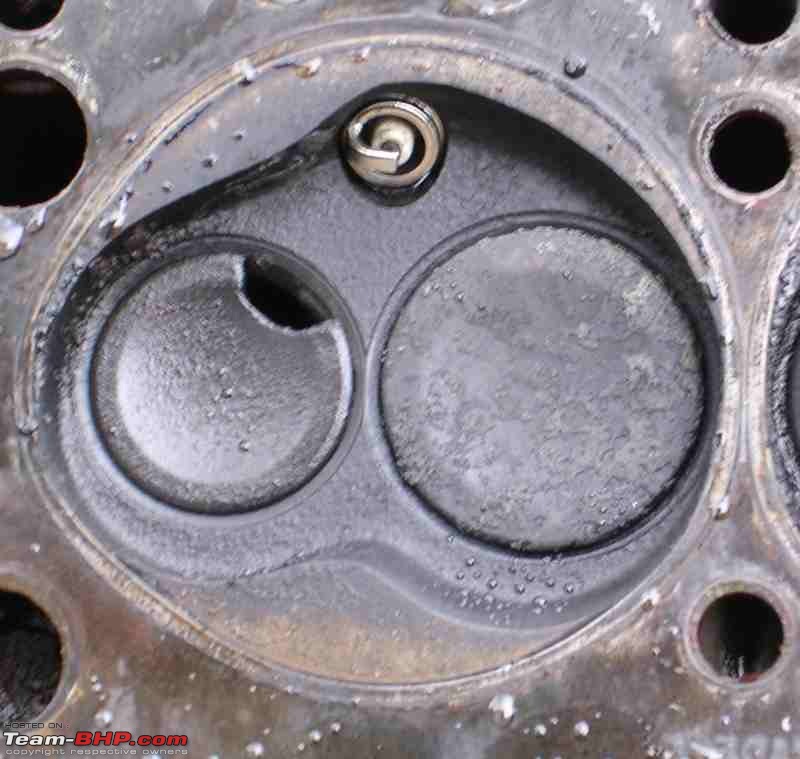| | #1 |
| Team-BHP Support  | |
| |
| |
| | #2 |
| Senior - BHPian Join Date: May 2007 Location: Vadodara
Posts: 4,997
Thanked: 3,006 Times
| |
| |
| | #3 |
| Senior - BHPian Join Date: Sep 2005 Location: India
Posts: 1,148
Thanked: 235 Times
| |
| |
| | #4 |
| Senior - BHPian | |
| |
| | #5 |
| Team-BHP Support  | |
| |
| | #6 |
| Senior - BHPian Join Date: Apr 2006 Location: Pune
Posts: 1,380
Thanked: 1,134 Times
| |
| |
| | #7 |
| Team-BHP Support  | |
| |
| | #8 |
| Senior - BHPian | |
| |
 |
Most Viewed





